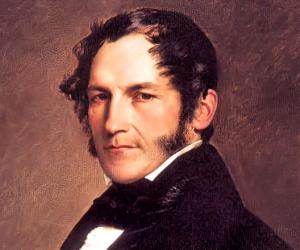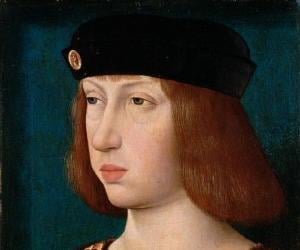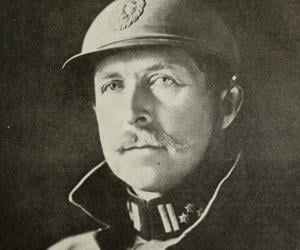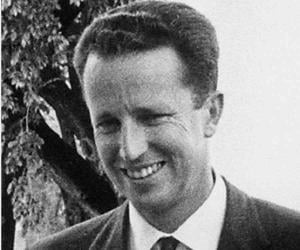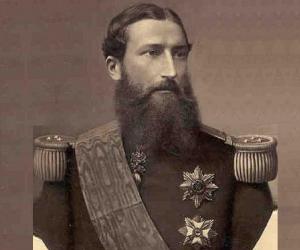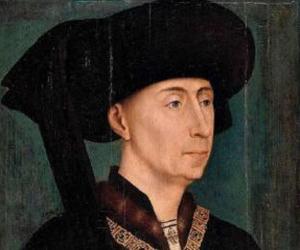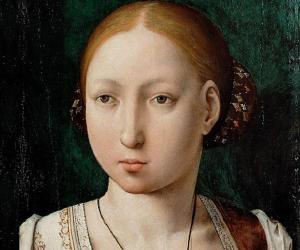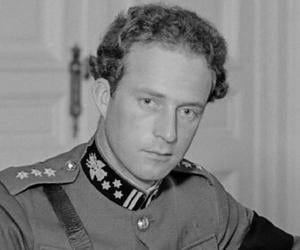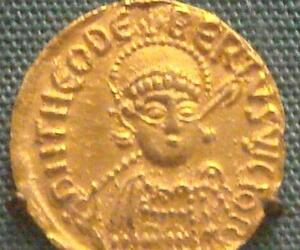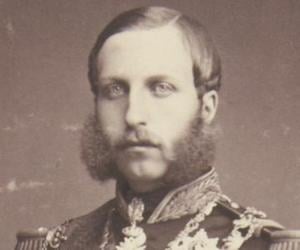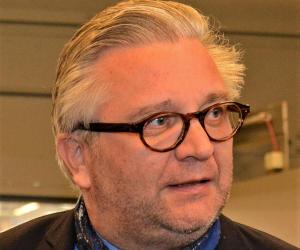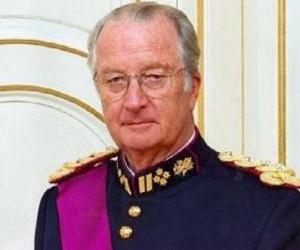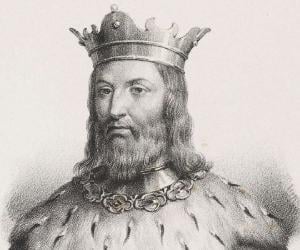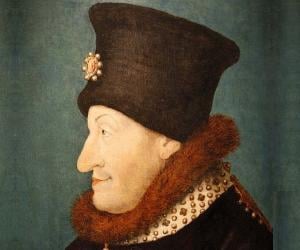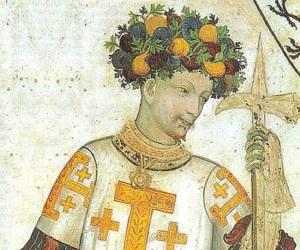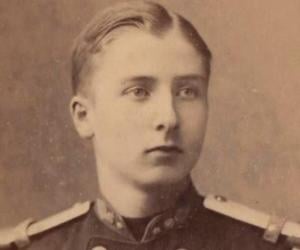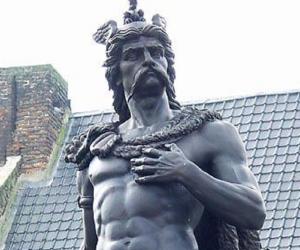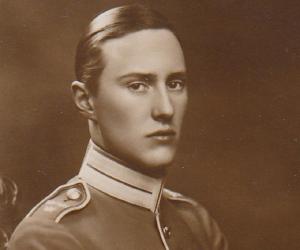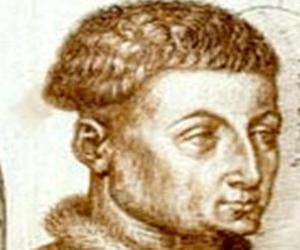1
Leopold I of Belgium
(First King of the Belgians (1831 - 1865))
Birthdate: December 16, 1790
Sun Sign: Sagittarius
Birthplace: Coburg, Germany
Died: December 10, 1865
Leopold I of Belgium began his professional life by serving in the Imperial Russian Army, fighting against Napoleon. After moving to the United Kingdom, he married Princess Charlotte of Wales. Following the Greek War of Independence, he declined the throne of Greece but accepted the throne of Belgium in 1831. As King of the Belgians, Leopold focused on diplomatic connections, economic modernization, and maintaining political stability. He played a crucial role in stopping the spread of the Revolutions of 1848 into Belgium.
